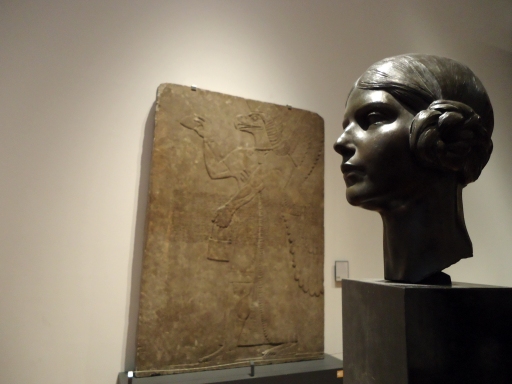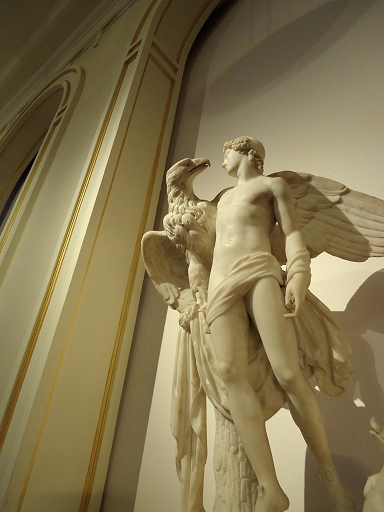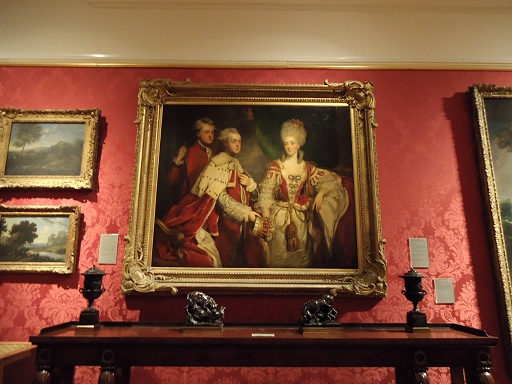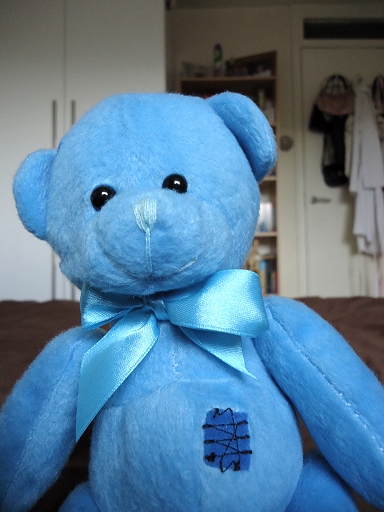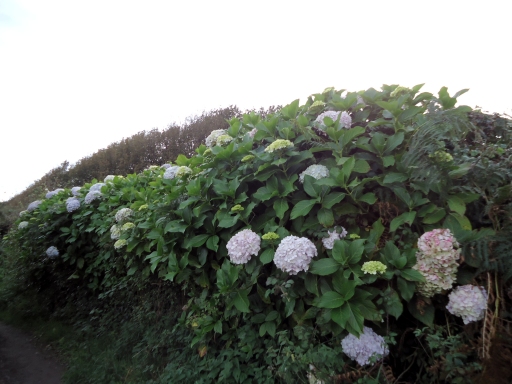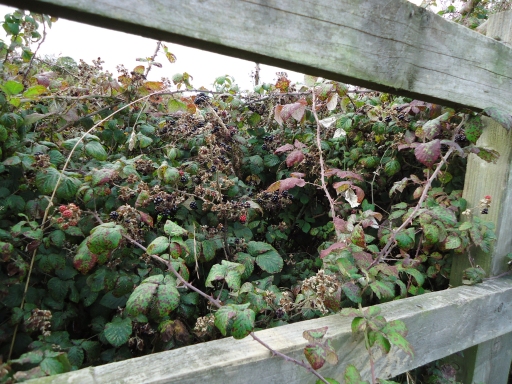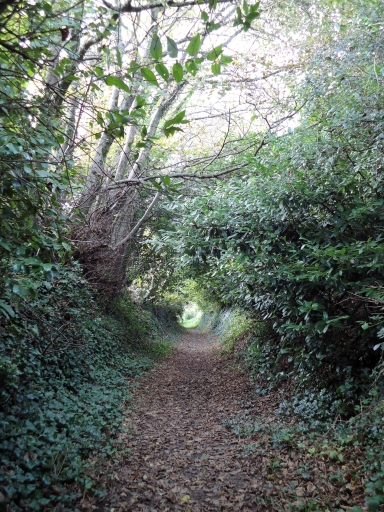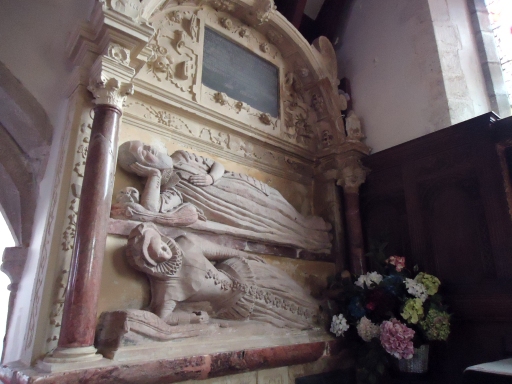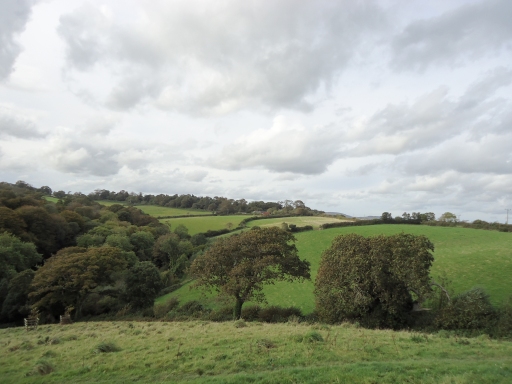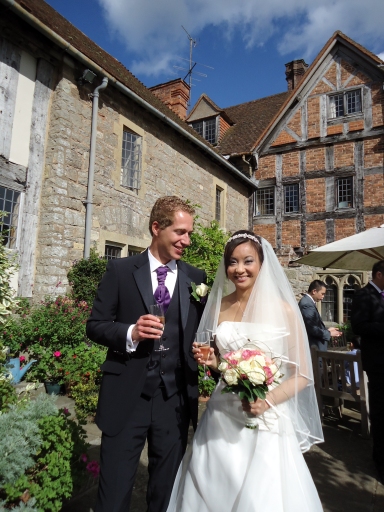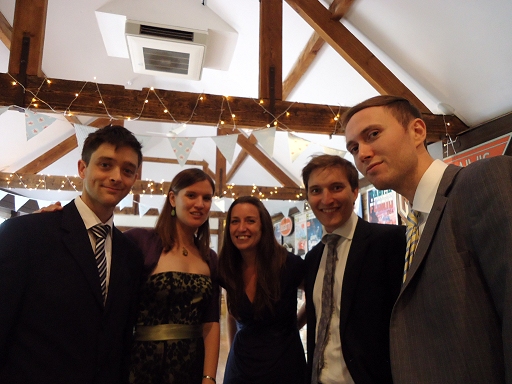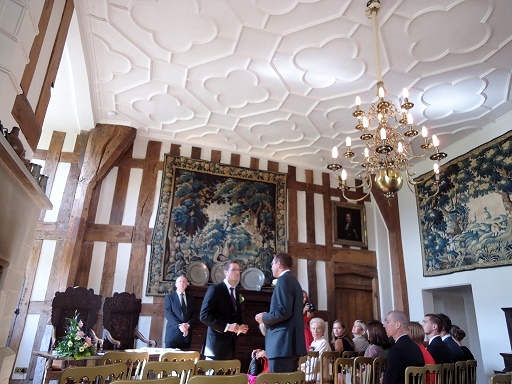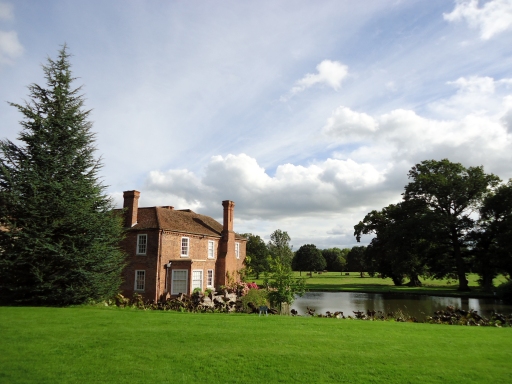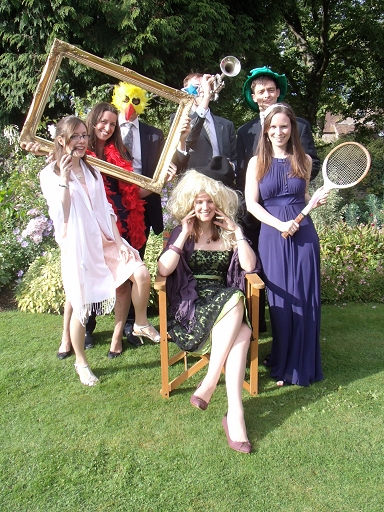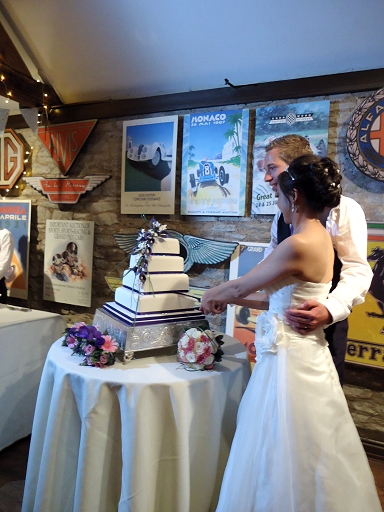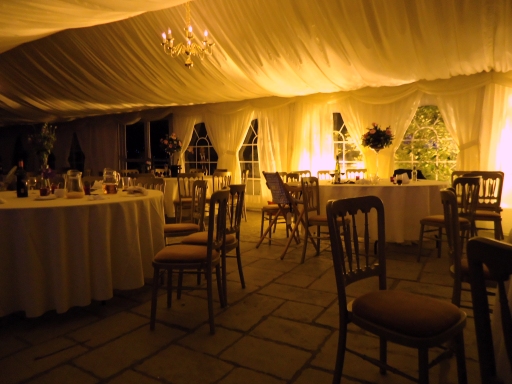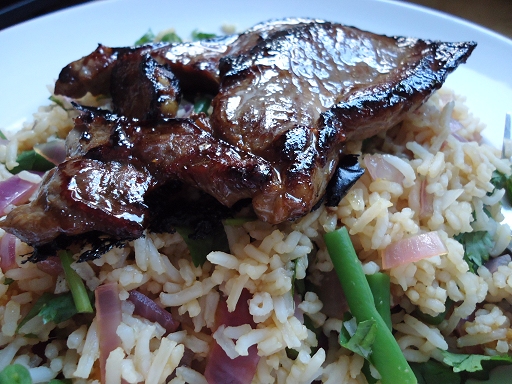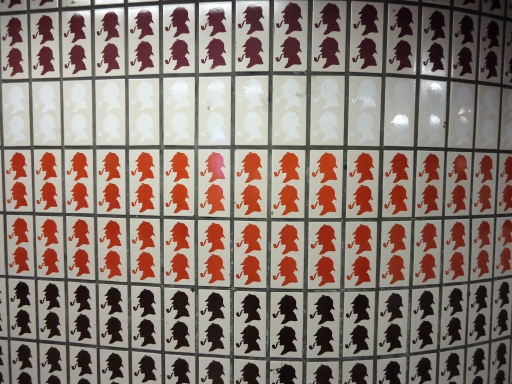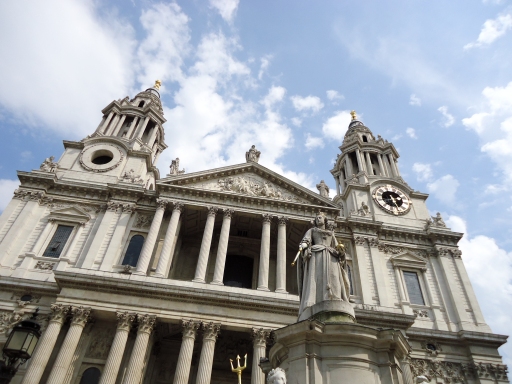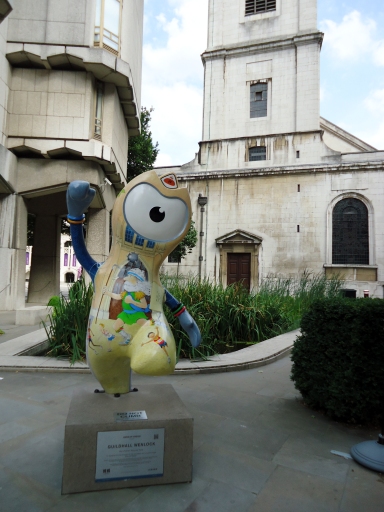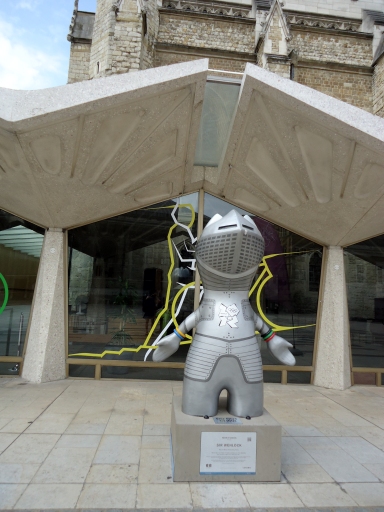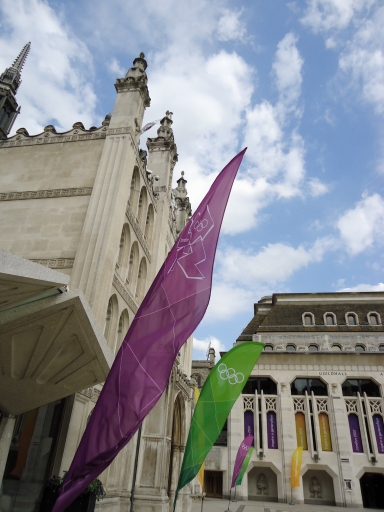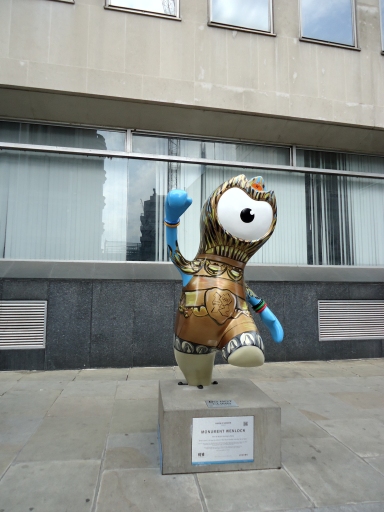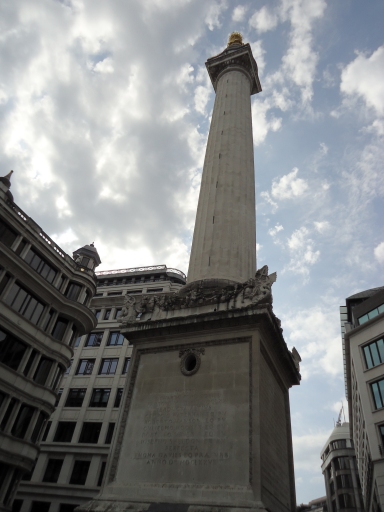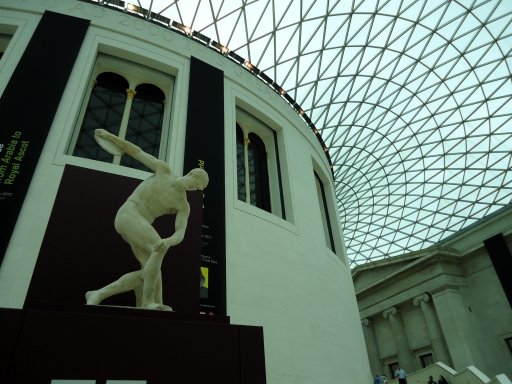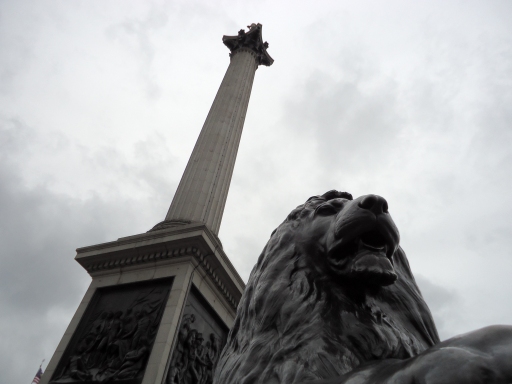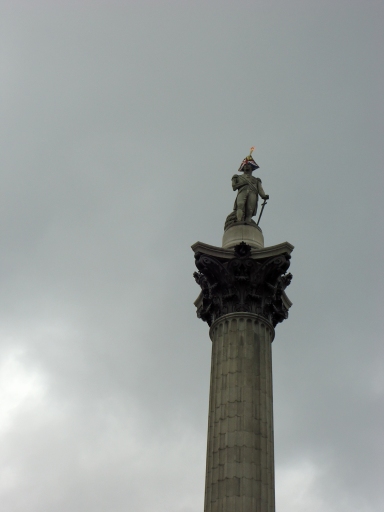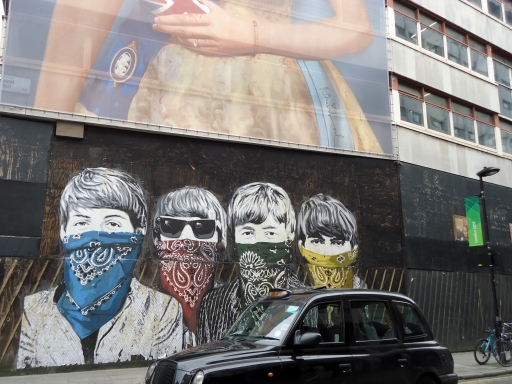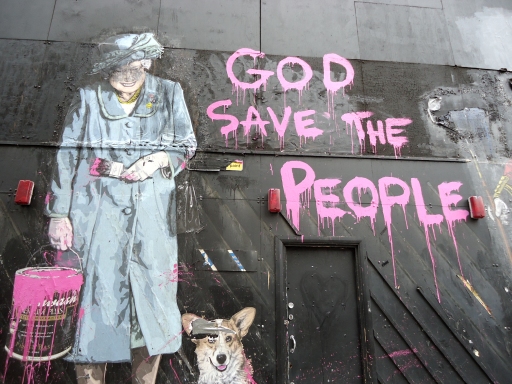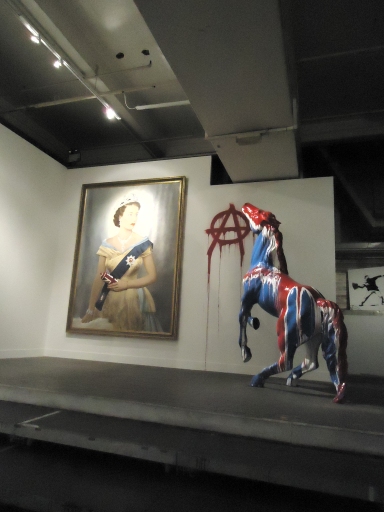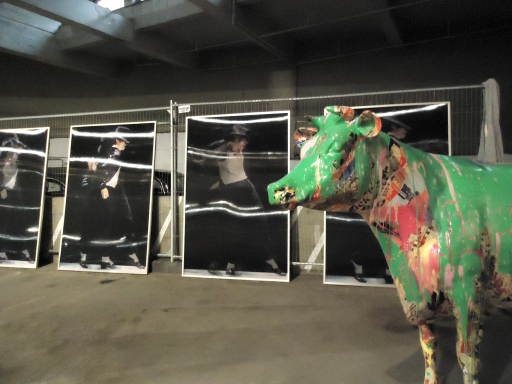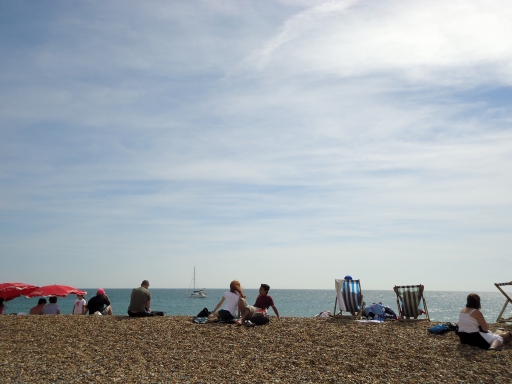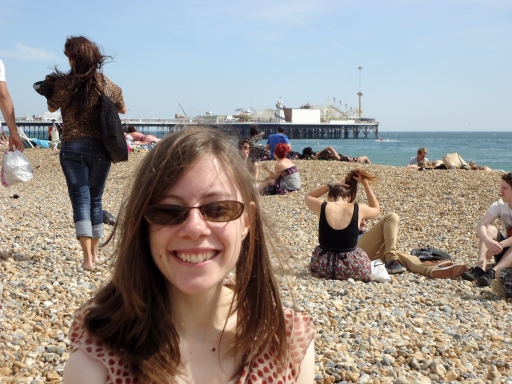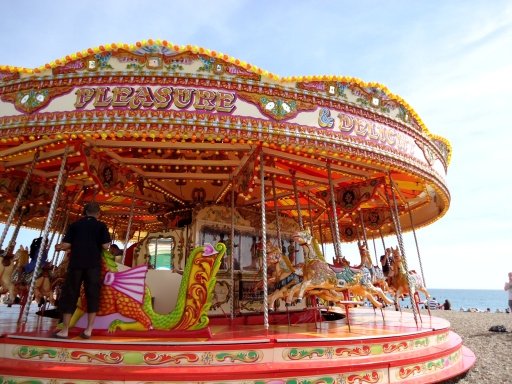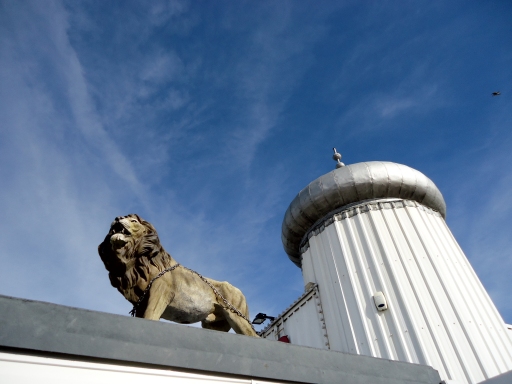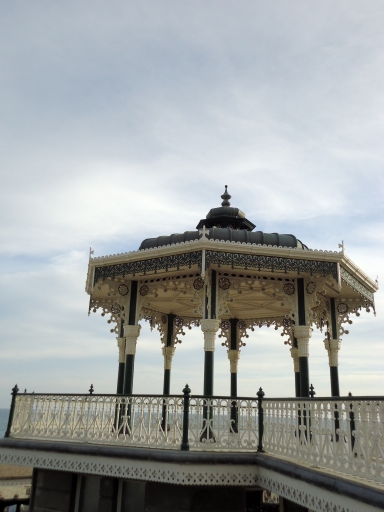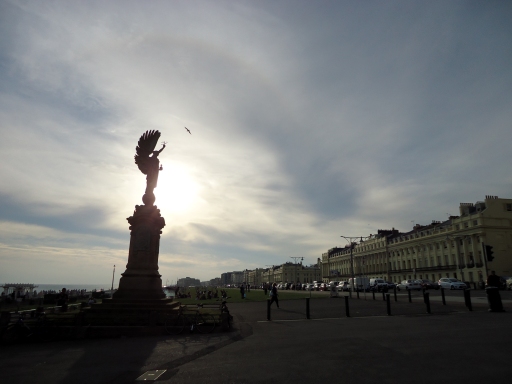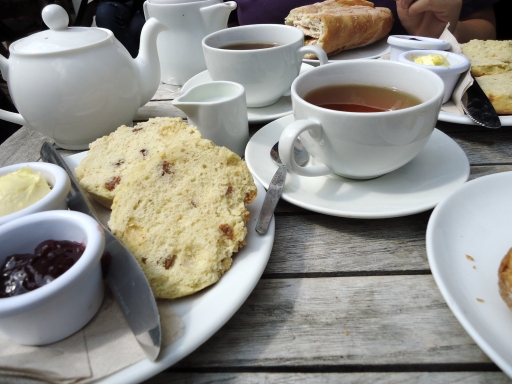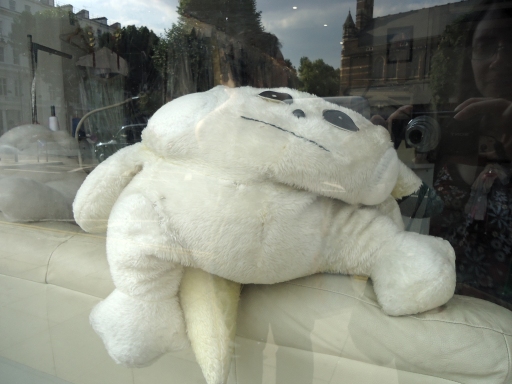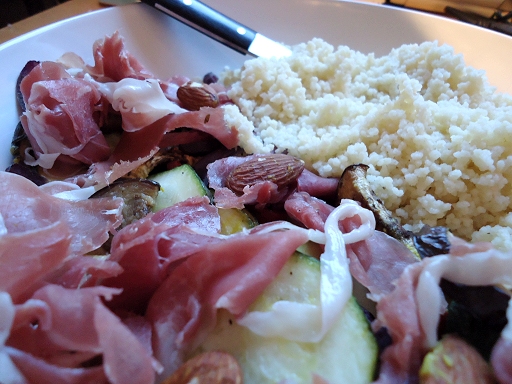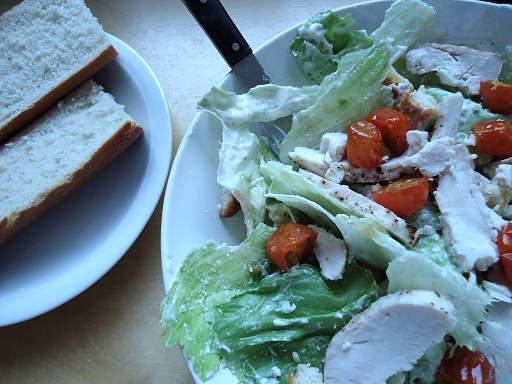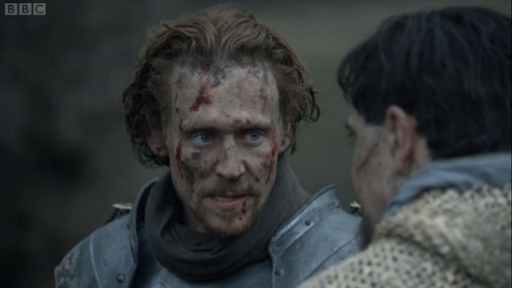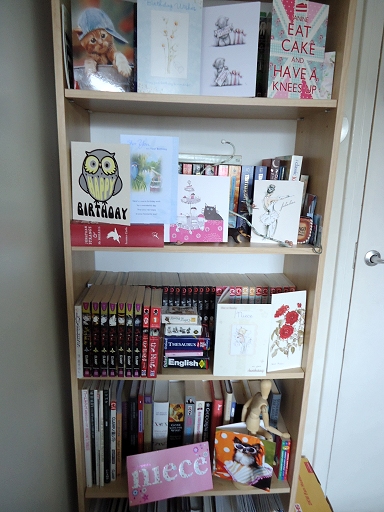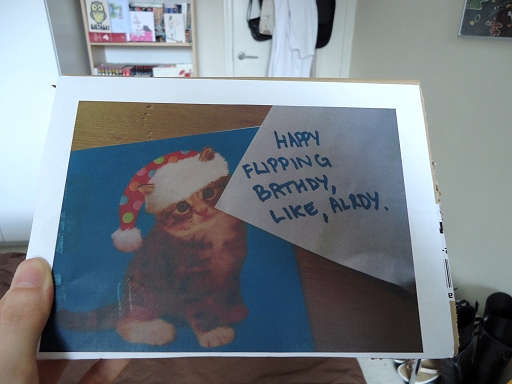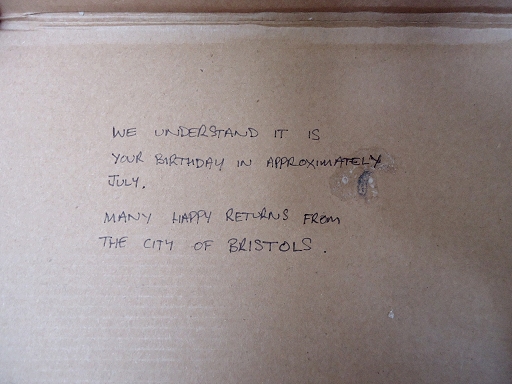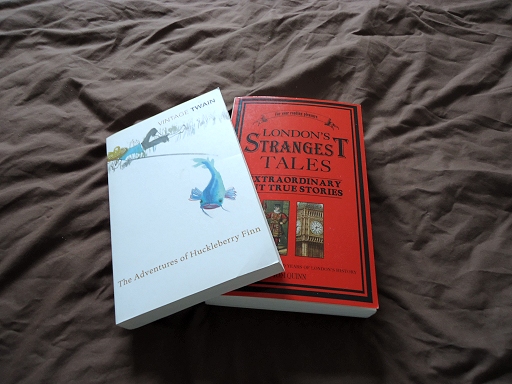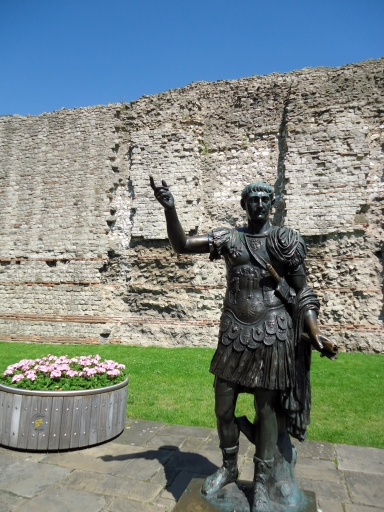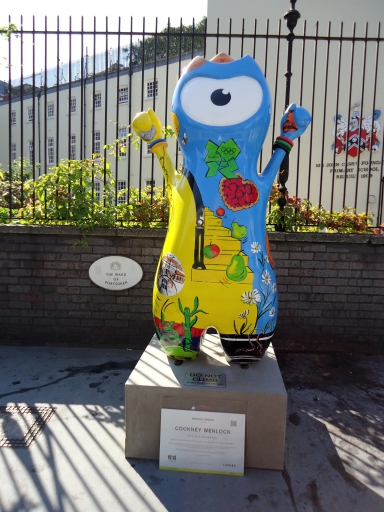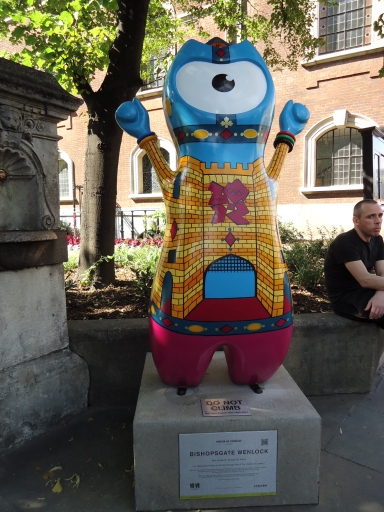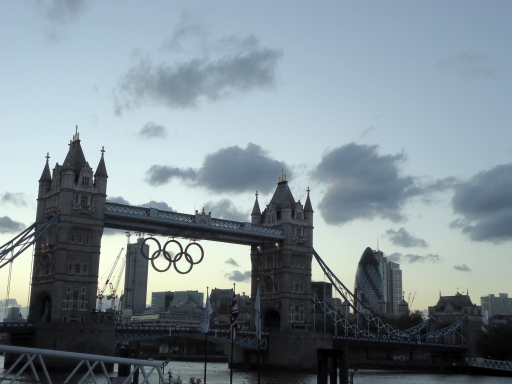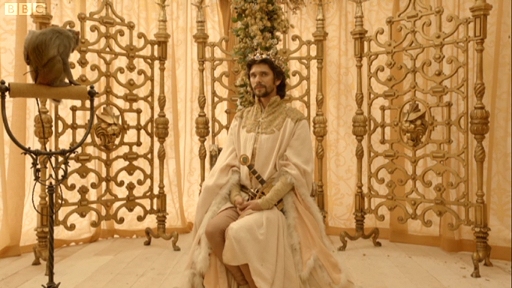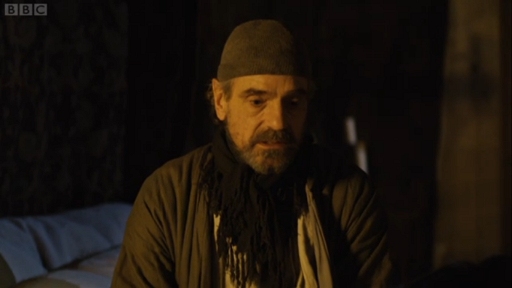I meant to write this post yesterday but I spent the day battling the crowds on Oxford Street and then sleeping off the horror of it all. So that means I'm writing it today instead.
Last week, guys. Last week, I finished reading the Gormenghast trilogy. My thoughts; let me give you them.
***
The trilogy had been on my 'to-read' pile (at times literally in the physical pile) ever since it had been adapted for TV by the BBC in 2000. Yes, that's right. I'd been meaning to read the books for 12 years!
By the time I came to read them, I couldn't even remember why they had been put in the 'to read' pile to begin with. All I could remember about the TV series was that it was fantasy, must have been good to make me want to read the books, and that it contained Zoë Wanamaker.
So, earlier this year, without really knowing why, I set out to read the trilogy. Coming, as I was, straight from Gone With the Wind and civil war Atlanta, diving into Gormenghast was a bit of a shock. But don't get me wrong, it was a good shock, because I found myself captivated by the books almost from the get go.
Now, here's where I add a disclaimer: a lot of people I know and respect have told me that they did not get on with the books at all. They found them to be slow, dull and excruciating. Clearly, they are not books to everyone's tastes; but, apparently, they are to mine.
I do get where these people are coming from. The books are slow. Things take a long time to happen, the characters are all two-dimensional at best, and the plot can seem rather confused. But! None of that is actually what you find yourself reading the books for. What you find yourself reading the books for is the atmosphere and Mervyn Peake, the author, is astoundingly good at conveying it.
From page one you find yourself sucked into this other world that is so well thought out and described that you can almost feel it. Putting the book down felt like waking out of a trance. Because that is what the Gormenghast trilogy is about; it's not about the characters and the plot and the action; it's about the world of Gormenghast itself, the castle, which is laid out, page after page, in loving, visual detail.
Here, have a snippet:
Summer was on the roofs of Gormenghast. It lay inert, like a sick thing. Its limbs spread. It took the shape of what it smothered. The masonry sweated and was horribly silent. The chestnuts whitened with dust and hung their myriads of great hands with every wrist broken.
What was left of the water in the moat was like soup. A rat floundered across it, part swimming, part walking. Thick sepia patches of water were left in the unhealthy scum where its legs had broken through the green surface.
What you get a feel for here is not just the description but something of the tone of the trilogy. Because Gormenghast is dark. It's dark dark dark. In a way, I found myself reminded of Alice in Wonderland because there's a terrifying kind of insanity hanging behind everything that happens. This is not a fantasy story that contains magic; it's a fantasy story where everything, from the people to the animals to the buildings, is just a little bit wrong somehow.
It's no surprise when you find out that Titus Groan and Gormenghast, the first two books in the trilogy, were written during and just after the Second World War. This is an author who has seen the horrors of war and knows what it is like when the whole world seems to lose its sanity around you. For some authors, the tumultuous first-half of the 20th Century led to fantasy stories that were based on faith, with epic good-vs-evil battles where good wins out in the end. Not so with Mervyn Peake. If there is any faith in these books, it's misplaced. If there are any battles between good and evil, there are no clear winners.
It's a complex and captivating read.
So, what am I trying to say? Gormenghast might not be to everyone's tastes but I would heartily recommend it. For those months that I was reading the trilogy, I was actually there and I have to say, I feel like a slightly different person coming out of the other side of it.
Read it. Read it. Go on. If the first half of Titus Groan catches your interest, you'll like the rest of it.
***
Oh, but I seem to have reached my conclusions when I've still got things to say! Like:
- Can I admit to having a really confusing crush on Steerpike? (A quick Google search suggests I'm not the only one.) I remember feeling the same way (i.e. confused) when I watched the TV adaptation. I had put it down to me being 16 and hormonal at the time, but 12 years later and it's still the same! Oh Steerpike, you are a right, proper bastard. You're horrible. If only you'd stop having nice cheekbones and taking off all your clothes every five chapters, then it would be much easier to hate you.
- Other characters I came to enjoy (in less confusing ways) were Doctor Prunesquallor, the Countess and Fuchsia (she's such an embodiment of teenage awkwardness. It's great.)
- I kind of get the feeling that the books are maybe meant to be allegorical but I'm not sure about what. Anybody have any ideas?
- The third book, Titus Alone, was really confusing. It almost didn't feel like part of the trilogy at all. Where were the characters and the setting that I was used to? Gone! Why was the plot even more confused than before? Thank God one of the new characters (Muzzlehatch!) was good enough to keep me reading.
- Muzzlehatch! Muzzlehatch Muzzlehatch! My crush on Muzzlehatch is not confusing at all. He is possibly the most BAMF-y character that ever BAMF-ed. I mean, for crying out loud, one of the first scenes we see him in, he's riding a stag while entirely naked save for a fireman's helmet. What's not to love? I ask you.
- Where is the fanart? I need fanart. Don't make me draw some myself, good God.
- Despite not covering Muzzlehatch the third book at all, I think I need to rewatch the BBC version again. Like right now.




